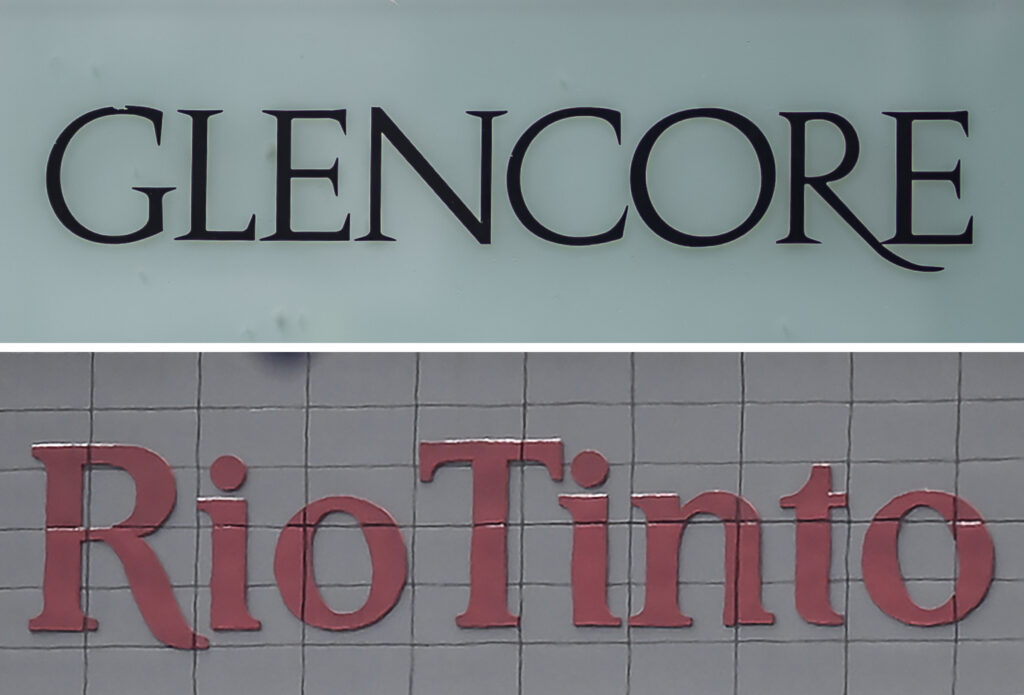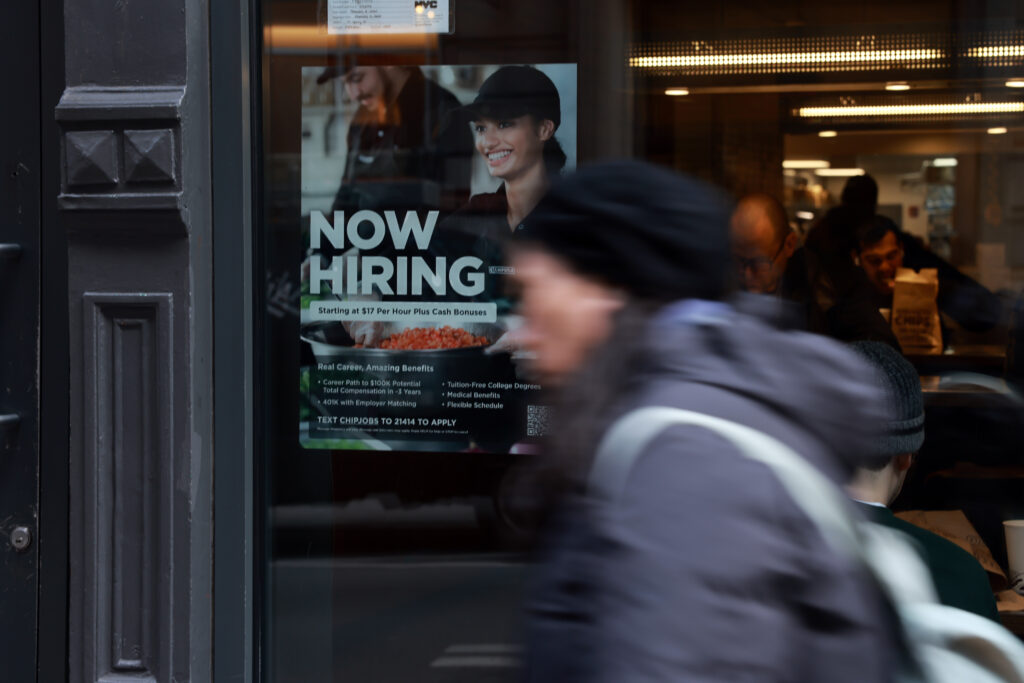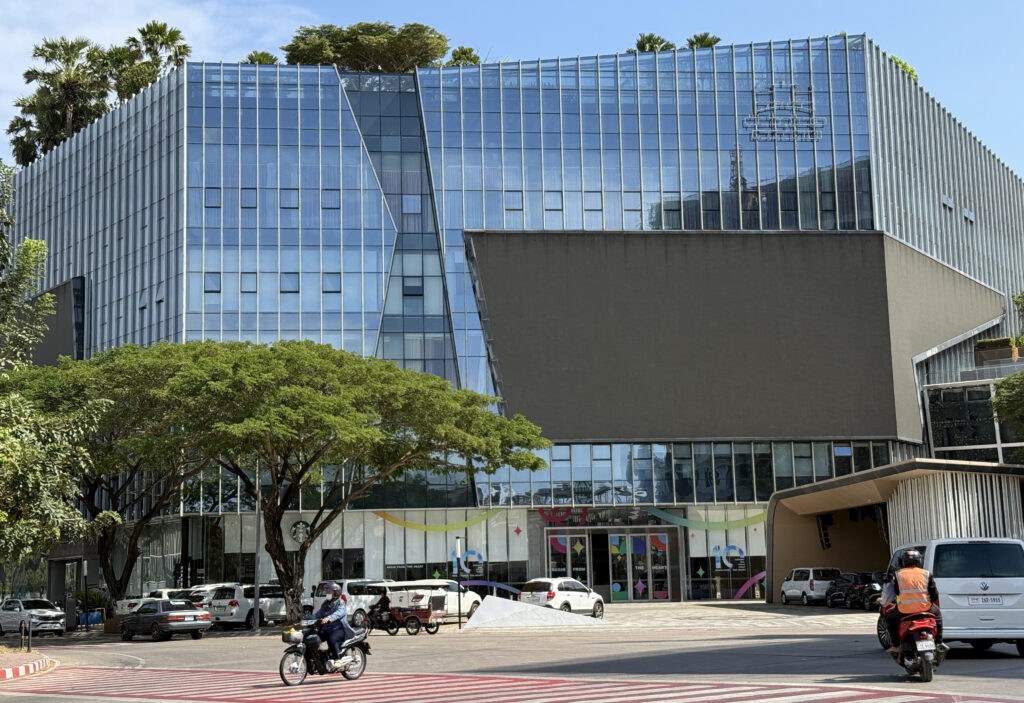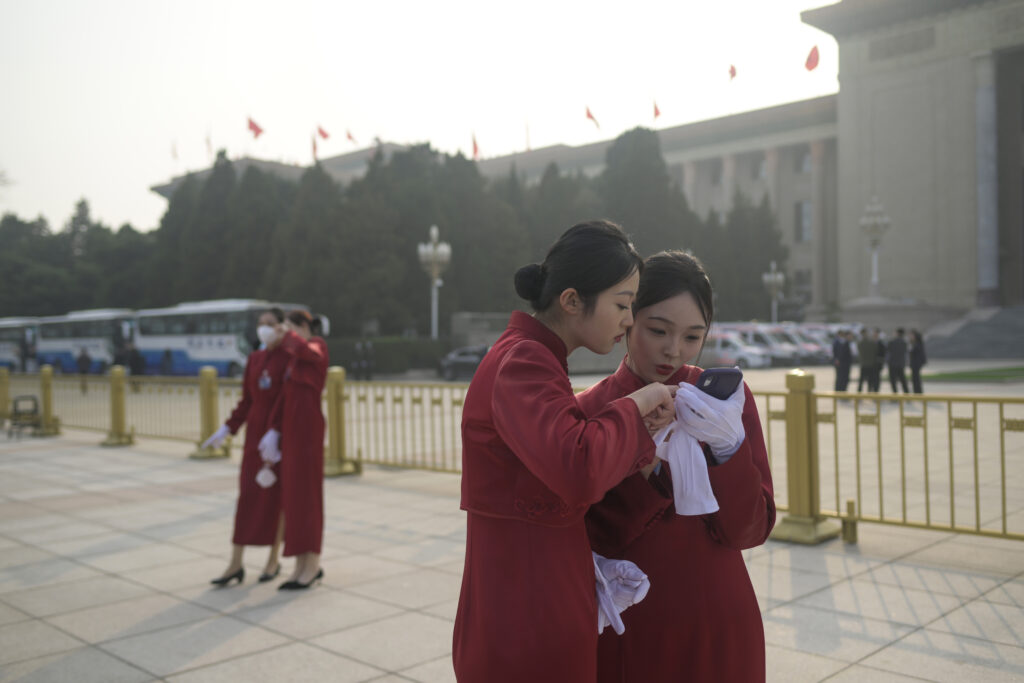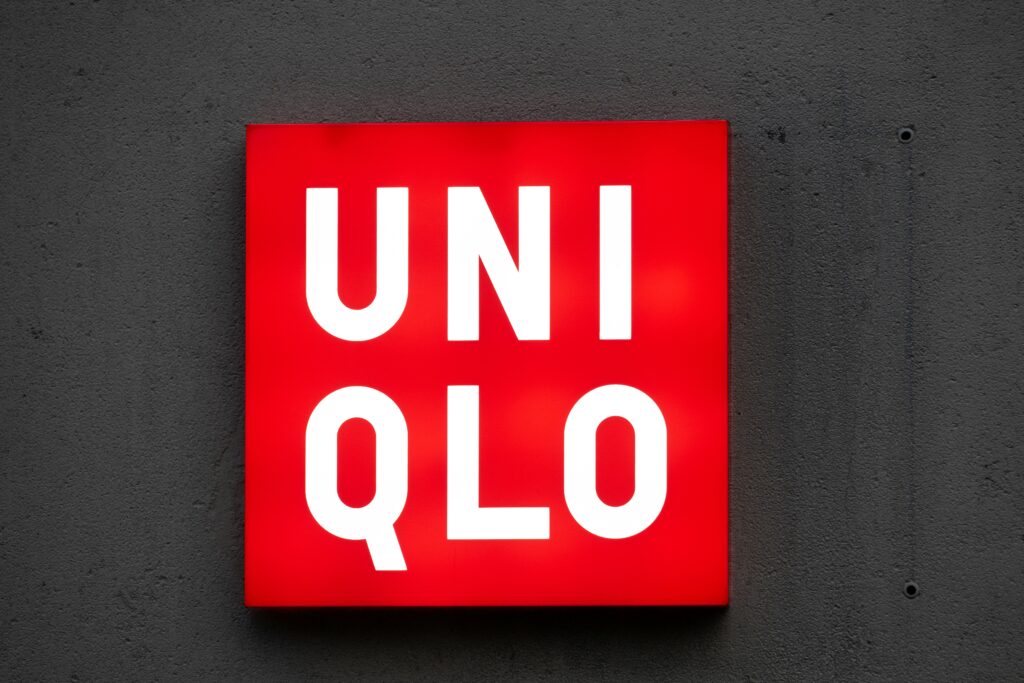Swiss mining giant Glencore reveals merger talks with Rio Tinto
Swiss resources giant Glencore said Friday it is in merger talks with British-Australian rival Rio Tinto, potentially creating the world’s biggest mining group.Glencore said it was in preliminary discussions with Rio Tinto “about a possible combination of some or all of their businesses”.The deal could proceed as an all-share merger, it said in a statement.The Financial Times was first to report that the two were discussing a “megamerger” to create the world’s largest mining company.Together, they would have a value of more than US$260 billion, the paper said.As a combined force they would have greater leverage to buy copper, a metal that is growing in demand as countries expand electrical networks to harness renewable energies.Glencore chief executive Gary Nagle in December outlined plans to become one of the world’s largest copper producers. “Our portfolio, in particular in copper, is world class,” he told an investor presentation. The “current expectation” is that Rio Tinto would acquire Glencore by a court-sanctioned scheme of arrangement, the Swiss firm said.Shares in Rio Tinto, which confirmed the merger talks in a separate statement, fell 5.1 percent in afternoon trade in Sydney.The two groups said there was no certainty that the preliminary talks would result in a merger.Analysts said the two firms would have to bridge cultural differences, with Rio Tinto having exited its coal assets and Glencore holding on to the fossil fuel.- ‘Cultural divide’ -“Strategically, Rio Tinto might be interested in Glencore’s copper assets, aligning with its focus on sustainable, future-facing metals,” CreditSights researchers said in a report.Any merger would need “careful stitching” to avoid unwanted asset overlaps, they said.”Culturally, Rio Tinto is traditionally seen as conservative and focused on stability, whereas Glencore is known for its aggressive approach and constantly pushing the envelope in its operations,” the report added.”This cultural divide might pose challenges in integration and decision-making if a merger were to proceed.”Glencore announced in August that it had decided against spinning off its coal business, saying its shareholders viewed the fuel as a cash-generating activity.The mining group had considered merging newly acquired Elk Valley Resources with its own coal activities and spinning it off.But Glencore said it needed the cash flow from its coal mines to invest in raw materials useful for the green transition, such as copper and cobalt.”The coal business supports the energy needs of today as we transition in the world,” Glencore’s chief executive said in December.The strategy has been criticised by environmental groups and by some shareholders, who noted that coal is banned from some investment portfolios.Norway’s sovereign wealth fund, the world’s largest, has excluded Glencore shares from its portfolio since 2020.Oil, gas and coal companies are under pressure to transition away from fossil fuels, which are the biggest contributor to climate change.Rio Tinto said it had until February 5 to announce whether or not it is going ahead with the Glencore merger.
